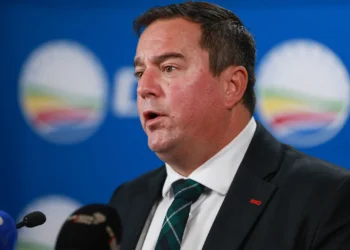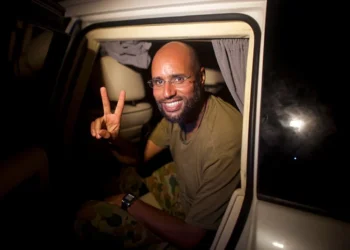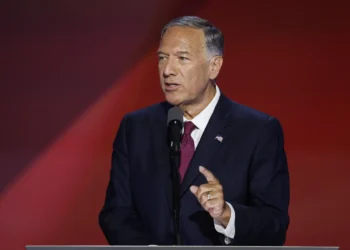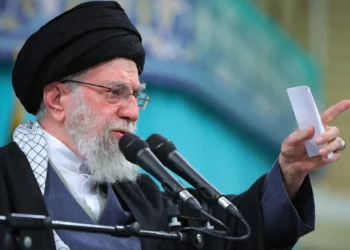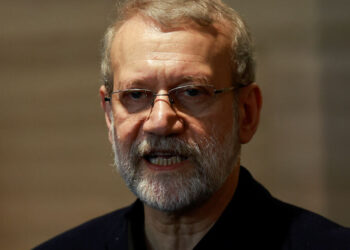ALGIERS (Realist English). Southern Algeria—home to the country’s most strategic oil and gas fields—represents a paradox at the heart of the Algerian state: a region rich in hydrocarbons and minerals, yet chronically underdeveloped, marginalized, and increasingly unstable. This contradiction is not merely economic mismanagement; it reflects structural flaws in governance, resource distribution, and national cohesion.
The regions of Hassi Messaoud, In-Salah, and Ouargla, despite producing the bulk of Algeria’s hydrocarbon wealth, remain some of the poorest areas in the country. Local populations receive minimal benefits from resource extraction, with most revenues funneled to the central government and northern elites. Employment in the sector is dominated by foreign contractors and northerners, while southern communities face rampant unemployment and deteriorating public services.
This dynamic exemplifies the well-documented “resource curse”: when natural wealth entrenches inequality, fuels corruption, and weakens democratic institutions. In Algeria’s case, power over wealth distribution remains highly centralized, leaving southern governance structures politically voiceless and underfunded. The result is a growing legitimacy crisis, as disenfranchised youth and local leaders question the state’s commitment to inclusive development.
In In-Salah, public opposition to shale gas extraction has highlighted broader environmental and social grievances. Residents fear irreversible damage to water tables and the land—especially as previous energy projects yielded little local benefit. Social movements across the south underscore this discontent, protesting not only environmental risk but systemic neglect.
Security risks and regional implications
Southern Algeria’s instability is not confined within national borders. The region’s porous Sahelian frontiers have enabled illicit trafficking networks, militant groups like Al-Qaeda in the Islamic Maghreb (AQIM), and separatist actors to exploit governance vacuums and local grievances. These groups often offer financial incentives, fill social service gaps, and mobilize support around ethnic or tribal identities—particularly among Tuareg communities.
Analysts warn that such dynamics threaten to destabilize the broader Sahel, exacerbating refugee flows, arms smuggling, and cross-border militancy. As noted by Chatham House and the Carnegie Endowment, Algeria’s internal cohesion is now tightly linked to the region’s fragile security architecture.
Historical precedents—from Katanga to South Sudan—show how long-standing exclusion, environmental degradation, and perceived ethnic marginalization can escalate into separatist conflict. In Algeria, the emergence of autonomy demands in the south echoes these patterns and underscores the risks of continued inaction.
Environmental degradation and livelihoods at risk
The ecological costs of extraction are accelerating: water scarcity, desertification, and disrupted agriculture are compounding socio-economic stress. Traditional livelihoods such as herding are in decline, pushing more communities toward informal or illegal economies. Industrial operations have worsened land degradation without offering sustainable alternatives, deepening local frustration.
A model of extractivism in crisis
The Algerian government has repeatedly announced large-scale development plans for the south, yet implementation has been uneven at best. Despite decades of resource extraction, critical infrastructure—such as healthcare, education, and transport—remains inadequate. According to researchers like Boubekeur and Zoubir, this persistent underinvestment has bred widespread alienation, particularly among youth.
Moreover, the rentier state model—where elites rely on resource revenues to maintain power—has reinforced corruption and discouraged economic diversification. This structural imbalance leaves Algeria vulnerable not only to commodity price shocks, but to political unrest from within its own borders.
Conclusion: Algeria at a crossroads
Southern Algeria’s crisis embodies two interlocking problems: the failure of resource governance and the deepening of territorial inequality. The region’s vast energy reserves have underwritten national budgets and urban development in the north, but have done little to uplift the communities from which that wealth originates.
The consequences are no longer abstract. Socio-economic exclusion has empowered criminal networks, enabled militant expansion, and sparked separatist demands. The country now faces a strategic choice: reform its development model and decentralize governance, or risk long-term fragmentation and insecurity.
As the Sahel faces growing instability, Algeria’s role as a regional pillar of security is under threat. The cost of ignoring southern grievances is rising—and may soon outweigh the benefits of maintaining the status quo.



